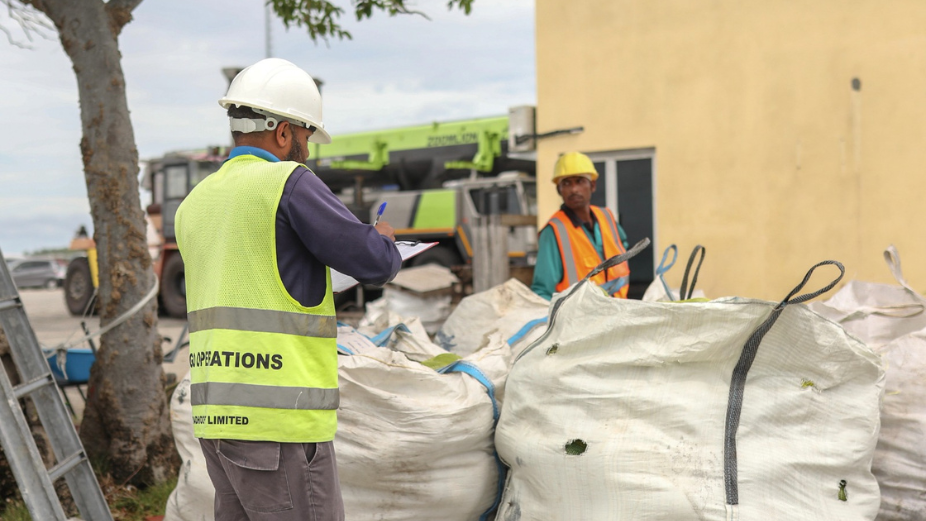
The Indian government has expanded the number of ports designated for exporting staples and essential commodities to the Maldives, under the bilateral agreement between the two nations. This move aims to enhance the trade of vital goods, ensuring a steady supply to the Maldives.
In April, four ports were initially identified for the export of essential commodities to the Maldives: Tuticorin Port, Mundra Port, Nhava Sheva Port, and Tughlakabad Port. Recently, the Directorate General of Foreign Trade (DGFT) announced the addition of Kandla and Vishakhapatnam Customs Sea ports to this list. This expansion allows for the export of essential commodities, typically under the prohibited or restricted category, to the Maldives for the year 2024-2025. With the inclusion of these two seaports, a total of six ports are now designated for exports to the Maldives.
The Indian government has designated these ports and issued permits because the export of essential commodities is usually prohibited or restricted. However, exports to neighbouring countries like the Maldives are permitted under India’s Neighborhood First policy. The duration for importing essential commodities from India to the Maldives was extended in April at the request of the Maldivian government. The quantity of imports allowed during the new duration has also been increased by five percent over the previous agreement.
Under the agreement, India will supply the Maldives with a range of essential commodities, including eggs, potatoes, onions, rice, flour, sugar, and lentils. The previous administration applied for permission to import these products in 2021. India granted permission for three years, and the permit expired in March this year, prompting an extension for an additional year.
Even if India imposes bans on the export of some items, the Maldives will continue to receive these essential commodities at special prices, ensuring uninterrupted supply. This extension and the expansion of ports underline the commitment of both nations to maintaining a steady flow of essential commodities, reflecting the strong bilateral relationship and India’s dedication to supporting its neighbour’s needs.











